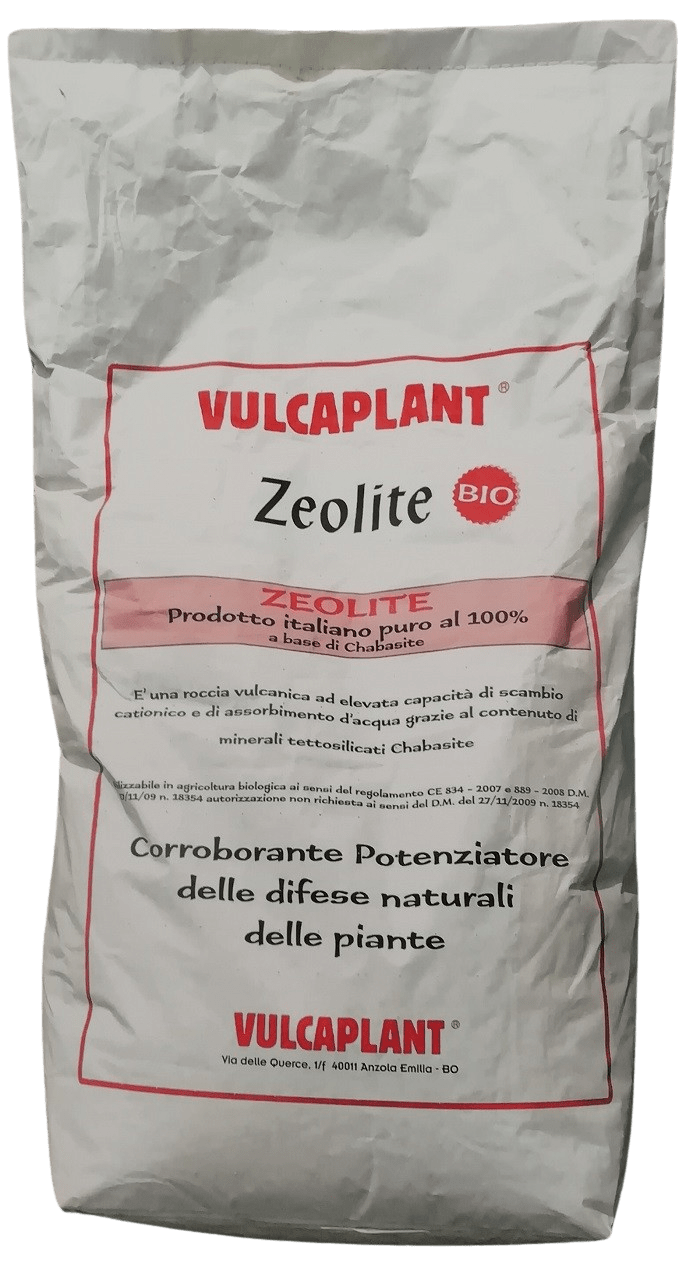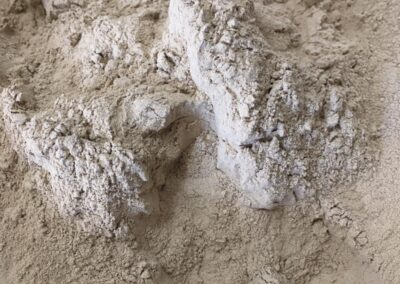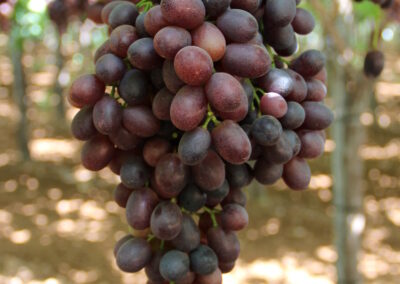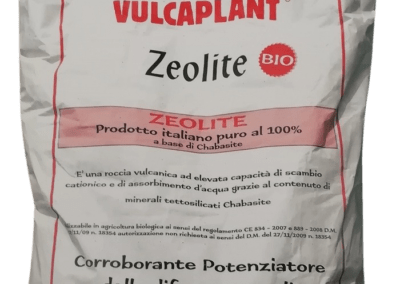Zeolite
Zeolite is a volcanic-origin mineral formed through the contact between molten lava and brackish water. Its structure is characterized by microporous particles, which give it remarkable versatility for use across various application sectors.
Zeolite
Zeolite’s main property lies in its cation exchange capacity—a process that allows it to retain and release elements depending on the needs of the surrounding environment, especially in the presence of water.
This characteristic makes it particularly valuable in agriculture, where it is used to enhance soil fertility.
Acting as a sort of natural reservoir of nutrients, zeolite helps retain essential elements in the soil, making them available to plant roots. This not only optimizes nutrient absorption by plants but also reduces the need for chemical fertilizers, promoting the use of more sustainable and natural farming methods.

Do you want to know more?
Contact us through the form to receive a free consultancy



